New waves of coronavirus infection in Japan and many other countries, organizers of this summer’s Tokyo Olympics on Wednesday released the first of several so-called playbooks that will instruct athletes, officials and members of the news media on the protocols they must follow at this summer’s rescheduled Games.
But at only 32 pages, and conspicuously light on details, the document may do little to assuage the concerns of critics who question whether the Olympics can proceed safely amid a pandemic. And the raft of questions left unanswered in its colorfully illustrated pages highlights just how many complicated feats of logistical planning and execution remain ahead for organizers of the world’s largest sporting event.
If the Games do open as scheduled on July 23, then the organizers will be right on one point: They will be very different from any previous edition. For now, the best they could offer were the contours of a plan.
Athletes and other attendees will not be required to be vaccinated or to quarantine on arrival in Japan, for example, but they will be subject to severe restrictions on movement and socializing. There will be temperature checks at all venues, and masks must be worn at all times indoors except while eating, drinking or sleeping.





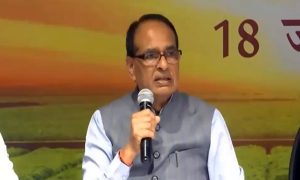



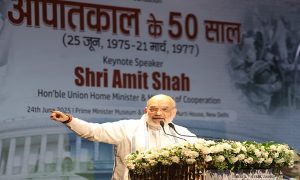

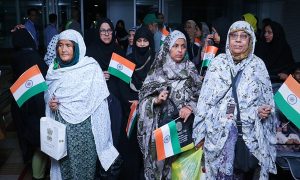

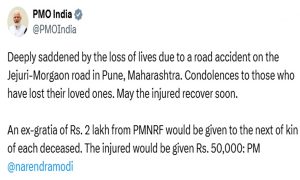

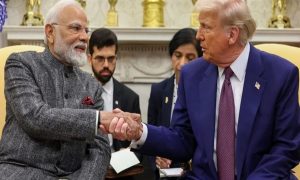









 WhatsApp us
WhatsApp us